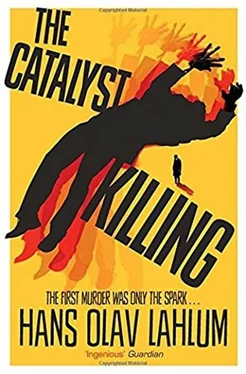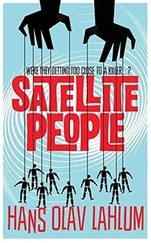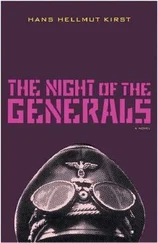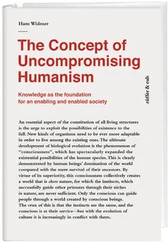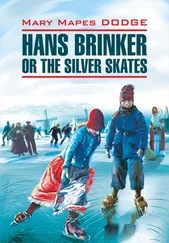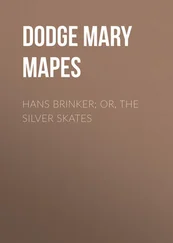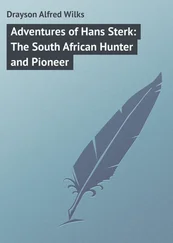At twenty past three, we concluded that we should meet again at nine o’clock the following day. In the meantime, I would continue with the Nazis as the main focus of my investigation, but I also promised to interview Trond Ibsen again.
As for the advice we would give to top politicians regarding any public engagements over the next few days, our boss said that it was up to me to assess the situation regularly, but it was after all a very drastic step to cancel a major event without there being a definite threat. Danielsen nodded, and added that he for his part still believed that the danger of an attack was minimal, as long as Trond Ibsen was under surveillance.
We said our goodbyes. There was no direct animosity, but the atmosphere was tense due a certain amount of rivalry. I got the feeling that behind the jovial facade, the other two thought the same as me. The danger of an attack seemed to be mounting by the hour, without us getting any closer to knowing when, where or who.
I left the police station just after half past three. The drive to Patricia’s was unexpectedly slow. For the last few blocks, the stream of cars, bicycles and pedestrians was unusually heavy. I finally realized why when I passed two groups of young Labour supporters only yards apart on their way to Frogner Square. The hordes of people on their way to the rally where Trond Bratten was going to speak were a reminder of the gravity of the situation.
I turned on the police radio and to my relief discovered that all was quiet. There was nothing to indicate that anything dramatic had happened in connection with the prime minister’s speech at the Norwegian Farmers’ Union. But I knew that Borgen, Bratten and other well-known people had public engagements over the next few days, and I did not look forward to living with the constant fear of what might happen.
Just before I parked the car in the parking space closest to 104-8 Erling Skjalgsson’s Street, the police radio suddenly went dead. This was not due to sabotage, but rather a defective wire that could be changed as soon as I returned to the station. But it did not feel like a good sign. I was not in the best of moods when I rang the doorbell at ten to four.
Patricia did not appear to be any more cheerful. She gave me a grim and silent nod as I came in, and the door had barely closed behind the maid when she fired her first question.
‘Well, has the missing page from the diary shown up? I hoped that you would take the time to call me as soon as it did!’
I replied that the messenger had had a puncture on the way to town and that otherwise, there was not much to be gleaned from it. She nodded, and held out her hand with impatience. I gave her the slightly crumpled page. She did not say thank you, but instead asked to have Falko’s note and the photograph as well.
I then told her about the day’s developments over the meal, but I was unfortunately unable to savour the taste of the superb loin steak. As far as I could see, Patricia only ate a few mouthfuls. She listened intently to what I had to say, but barely looked at me. Her eyes were fixed on the page from the diary, and only occasionally looked over at Falko’s note and the photograph.
‘As far as Marie Morgenstierne is concerned, the picture is getting clearer. If you get the answers I expect from Trond Ibsen and Anders Pettersen, we may even have this solved by this evening. And I can assure you that this Danielsen is very definitely on the wrong track, if not also the wrong planet,’ she said, when I had finished giving my account at around twenty past four.
That was of course music to my ears. However, it appeared that Patricia had no intention of saying any more about the matter. She sat there staring at the page from the diary.
‘But the matter of the attack is more urgent, and it really is not possible to get much more out of this mysterious document. The answer must be there staring us in the face right now, but very annoyingly, I can’t see it. The dates are interesting enough in themselves.’
I nodded and said that the middle one was the same as on the photograph. She nodded impatiently.
‘Yes, obviously, any child could see that. But that’s not all that is of interest; 17 May has been our national day since 1814, and on 7 June we mark our independence from Sweden in 1905. These Nazis have certainly chosen to meet on symbolic days. But 8 August means nothing to me, other than that it is only a matter of days ago, and was after Falko Reinhardt had come back and Marie Morgenstierne had been murdered.’
‘The document says nothing really about any of the people,’ I said.
Patricia sighed and gave me a curt nod.
‘It seems reasonable to assume that A and D, who wanted to take action, are Messieurs Eggen and Heidenberg, and that they have tried to persuade the fourth man in the picture to join them. But what more do we know about him? That he is probably slightly younger and more physically fit than they are. That he is not wearing a wedding ring on his hand, but does have a family of some kind. That could still be any one of tens of thousands, if not hundreds of thousands, of men in eastern Norway. And Falko has for some reason used the abbreviation SP for this person.’
‘And the letters on the page do not refer to any known names. It seems to me rather that he has just used the first four letters of the alphabet?’
Patricia shook her head in irritation.
‘Yes and no. Henry Alfred Lien talks about A, B and D. Where is C then?’
‘Maybe he is C himself?’ I suggested.
Patricia was not convinced by this either.
‘Possibly, but if he was referring to himself you would have thought he would use A or D. It seems strange to use C about yourself, particularly if you never otherwise use the letter…’
Patricia’s focus switched intently between the pages and the photograph.
‘Wait a minute! Their professions. Of course: A is for architect or Heidenberg, D is for director Eggen… What do you think B stands for, then?’
Suddenly it all fell into place within three seconds.
First, I saw sparks in Patricia’s eyes.
Then she screamed.
And then she asked me in a terrified whisper: ‘What time is it?’
I looked at Patricia, and wondered if the pressure of the past few days had resulted in some kind of nervous breakdown. Patricia was wearing a gold watch on her left arm, but she did not check it; she sat as if paralysed from the neck down. Only her eyes were alive, her eyes and her voice.
‘What is the time?’
When she repeated the question, the whisper was even quieter and the fear even more tangible.
I looked at my watch and told her that it was twenty-five past four.
That was evidently all that was needed for Patricia to come back to life. She suddenly leaned forward across the table in an almost aggressive manner.
‘Then run for your life and country! You have only five minutes before he shoots Trond Bratten!’
I was the one who was now paralysed for a few seconds. Patricia leaned forward and was even more forceful.
‘Run! I would run with you if I could. The address is 66 Thomas Heftye’s Street by Frogner Square. He’ll fire from a window. Look up and see if you can see an open window. But for God’s sake, man, run now!’
I ran. As I leaped to my feet, I asked who was going to shoot from the window.
Patricia almost screamed the answer – and pointed wildly at the door.
The pieces all fell into place in my head within a couple of seconds. Then I ran as fast as I could ever remember having run. I ran out of the house, down the road towards Frogner Square.
The murderer stood by the window of 66 Thomas Heftye’s Street with a gun in his hand, and looked down over the mass of people below.
Читать дальше
